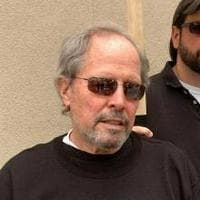David Seltzer MBTI -Persönlichkeitstyp
Persönlichkeit
"Welcher Persönlichkeitstyp ist {profilename}? {profilename} ist ein {MBTI} -Persönlichkeitstyp in MBTI, {enneagram} - {iv} - {tritype} in EnneArgram, {big5} in Big 5, {socionics} in Socionics."
INTJ (Compare him with David Cronenberg, an INTP for the differences between an INTJ and an INTP.) His Enneagram could be 5, which is the most common for INTJs. "I think the success of any movie is dependent upon it being a singular vision." "I wanted to do the series because I hadn’t seen it done before. I’m very interested in doing things that are original. I don’t even do sequels on my own pictures even though sometimes it’s always been at the sacrifice of becoming a rich person, which I’m not. But The Omen, for instance, had four sequels or five. The Mountain had a couple. … I search for something I can learn from and that I haven’t seen before. That was the draw. I’ve always been interested in the Bible. I’ve always been interested in science, and I realized … that this was a chance to combine the two in a compelling story." "I hope they get a really wonderful ride on an adventurous, mysterious story. I hope they will feel in some way challenged to think in ways that they don’t always have to or rarely do when they watch a television show. I think it’s going to be provocative because it’s dealing with the actual — we actually say the name Jesus Christ, and we talk about the Bible. We talk about specific Scriptures and what they mean. I think an audience will also become aware of the fact that the world really is on the cusp of ending or continuing on and will look at their own faith and their own doubt and their own ability perhaps to affect the outcome of the very dangerous times that we live in." "Science and theology have always been a part of my life. I’m a science buff. My background is in doing documentaries for the National Geographic Society, for Jacque Cousteau, for the David Wurfel organization, tramping around the world looking at grasshoppers and termites with a close-up lens and also looking at the stars. I do believe that the scientists and the theologians in my scenario are both searching for something higher than the tallest building and beyond the farthest star for an answer to why the things on earth happen. When the Bible predicts that the world will end with a comet in the sky, with the destructive nations, with end of bloodshed, with epidemics and famine, with the rage of the oceans, you do realize that we have reached a time with all the wars going on this planet that we’re on a nuclear bubble, and science is beginning to act and react in a way that perfectly aligns with what’s described as the end of days, not just in Revelations but in John 1 and 2 and in Daniel and Corinthians. The myth, the fable, the prediction of the end of days has been with religious literature from day one, and I think that a scientist and a theologian would have to ultimately come to realize that they’re searching on parallel tracks for very allusive answers, and they’re not connected so much by the answers as they are by the questions. Their questions are probably the same, and their answers, their conclusions, might be different. But I feel that they’re walking the same path, and it feels very natural to connect the two. If you look at the structure of a grasshopper as a scientist, you realize that’s no accident — it doesn’t have lungs, it has bellows that suck the oxygen in through its skin — the way it’s constructed like a little, mathematical piece of perfection. So, what I’m saying is everywhere you look in science, you would have to be blind to the fact that this is more than some random accident. So to me, it’s natural to think of the two in the same breath."
Biografie
David Seltzer (born February 2, 1940) is an American screenwriter, producer and director, perhaps best known for writing the screenplays for The Omen (1976)[1] and Bird on a Wire (1990). As writer-director, Seltzer's credits include the 1986 teen tragi-comedy Lucas starring Corey Haim, Charlie Sheen and Winona Ryder,[2] the 1988 comedy Punchline starring Sally Field and Tom Hanks, and 1992's Shining Through starring Melanie Griffith and Michael Douglas.
Persönlichkeit correlate
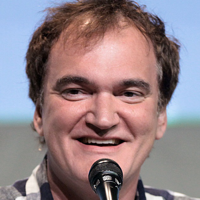
Quentin Tarantino

Hayao Miyazaki
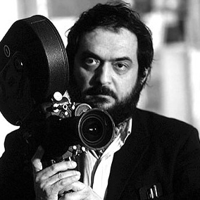
Stanley Kubrick

David Lynch

Christopher Nolan
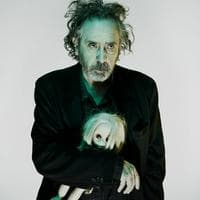
Tim Burton
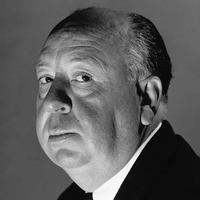
Alfred Hitchcock
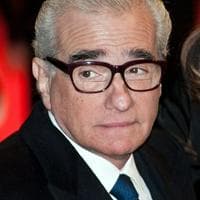
Martin Scorsese
